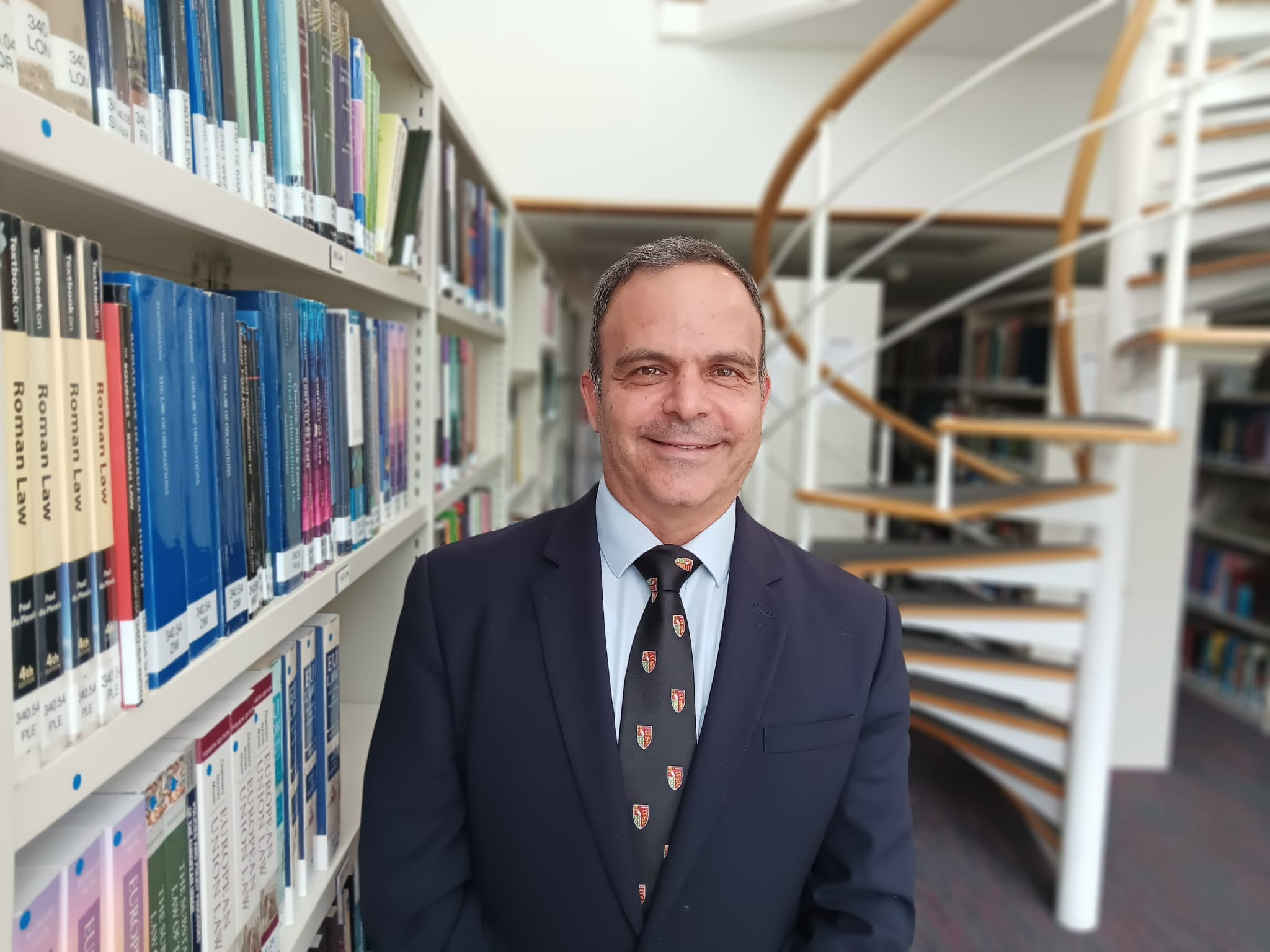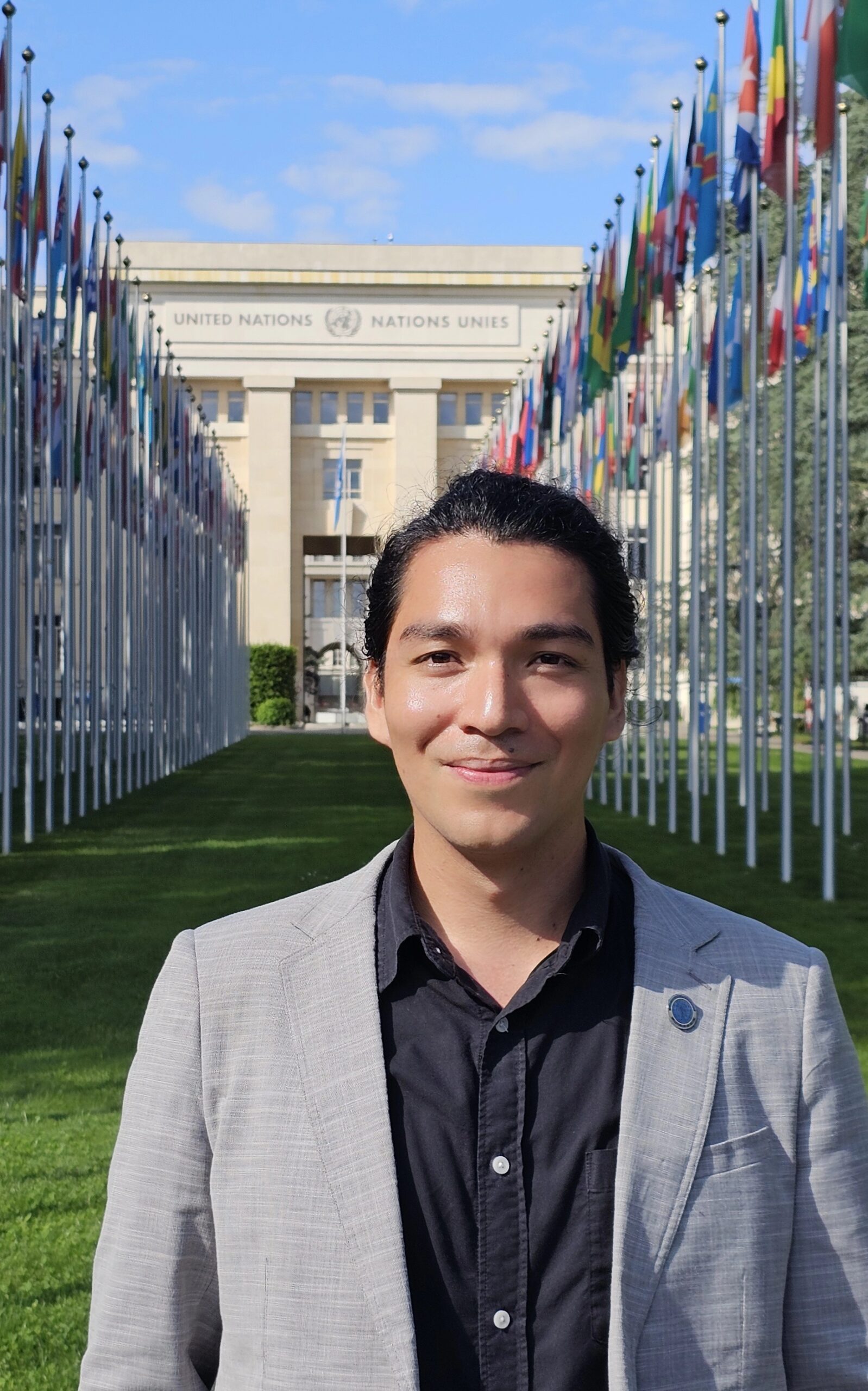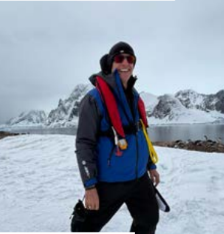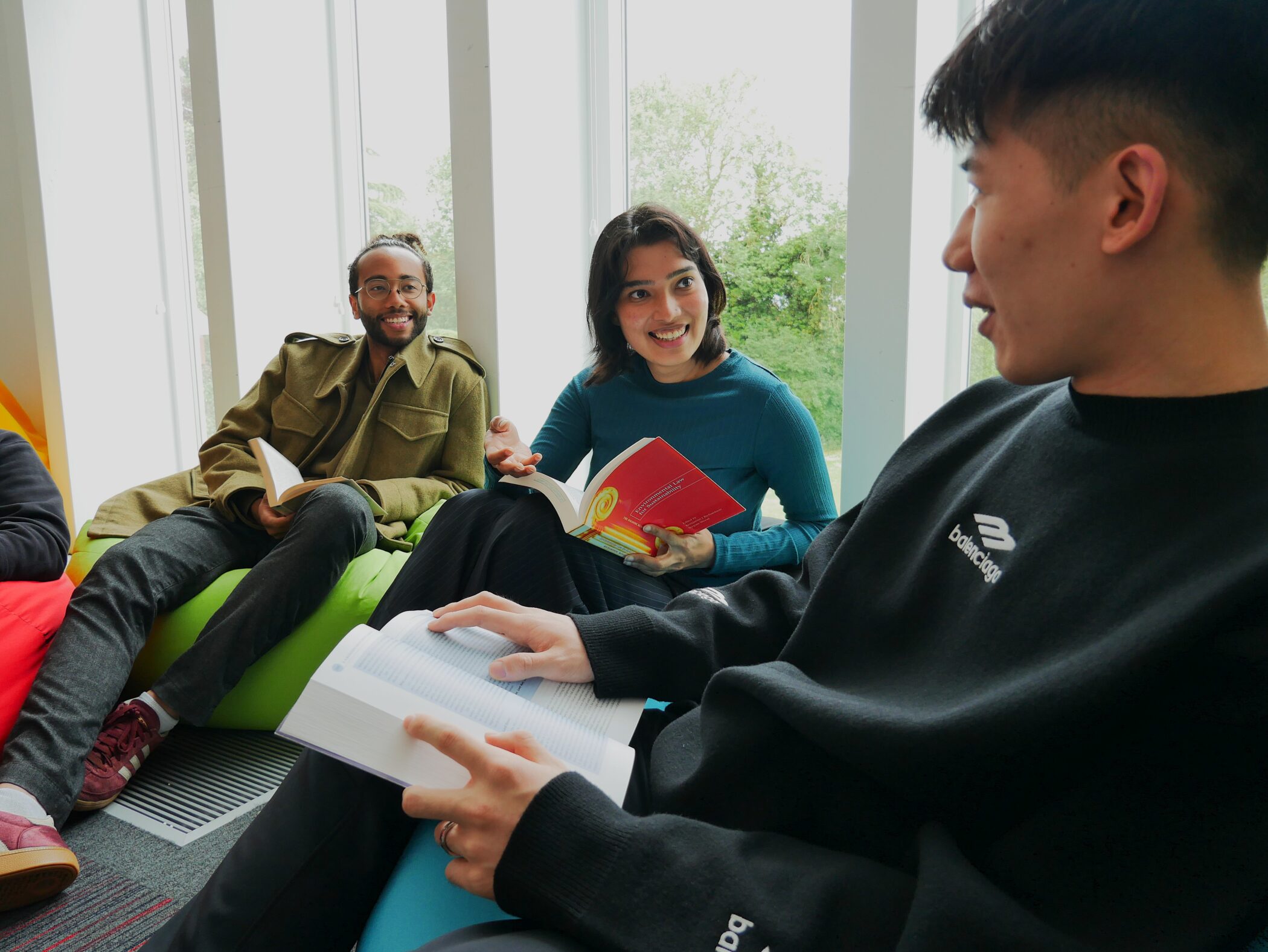Stellenbosch University recently announced it is to be awarded the United Nations’ Educational, Scientific and Cultural Organization (UNESCO) Gandhi-Montessori-Luthuli Chair of Education for Peace and Transformative Solidarity, co-hosted by St Edmund’s College.
Named for Mahatma Gandhi, Kasturba Gandhi, Maria Montessori, Albert Luthuli, and Nokukhanya Bhengu Luthuli, the UNESCO Chair will be held by Professor Alain Tschudin, Senior Research Associate at the Von Hügel Institute and a Research Fellow at Stellenbosch University, and co-chaired by Professor Dorcas Ettang.
The Chair’s mission is to promote a culture of peace through education—viewed by UNESCO as a cornerstone of sustainable development, poverty eradication and intercultural dialogue.
This UNESCO Chair, awarded for a four-year term, forms part of the global UNITWIN/UNESCO Chairs Programme. The Programme mobilizes the expertise of higher education and research institutions worldwide to foster innovation and to promote international collaboration in addressing the complex, interdependent challenges of today’s world.
Established in 1992, the UNITWIN/UNESCO Chairs Programme has played a vital role in advancing UNESCO’s mission to foster interdisciplinary knowledge and serve as a global platform for new ideas. Over the years, it has inspired the creation of innovative teaching programmes, stimulated new research and dialogue, and strengthened existing networks and partnerships within the global higher education community.
‘It is humbling to receive this affirmation of the work we are doing,’ says Professor Tschudin. ‘This award inspires us to deepen our transdisciplinary research and broaden our applied scholarship. It also motivates us to foster inclusive participation and to increase our social and environmental impact through a growing network of local and global partners.’
The Chair’s work aligns closely with UNESCO’s two global priority areas, ‘Africa’ and ‘Gender Equality’ and will focus on three inter-related areas:
1. Education for Peace
2. Human Rights for Social and Environmental Justice
3. Transformative Solidarity
‘This work is more relevant than ever,’ adds Tschudin, ‘as we face escalating global challenges—from climate change and conflict to displacement and economic uncertainty. Since inception, St Edmund’s College has been unequivocally committed to co-hosting the Chair and enthusiastic to encourage scholarship with applied social and environmental impact that coincides with the College’s values and ethos. The Von Hügel Institute, specifically concerned with engaged critical Catholic thought in an ecumenical and interfaith world, has supported this initiative profoundly. We are delighted that the College has offered to serve as a home for our aspirational work. From this base, various entities within the University of Cambridge have expressed an interest in collaboration to promote human dignity, meaningful solidarity and global peace.
In an era of rising ethno-religious nationalism and threats to universal rights, education for peace and transformative solidarity must be at the forefront of our efforts to uphold human dignity and planetary integrity.’
Chris Young, Master of St Edmund’s College, congratulates Professor Tschudin on this distinguished honour:
‘I am delighted that St Edmund’s will be co-hosting the UNESCO Gandhi-Montessori-Luthuli Chair of Education for Peace and Transformative Solidarity with Stellenbosch University, in a united commitment to improving the future for individuals, societies and the world. We look forward to welcoming such a distinguished colleague as Al Tschudin into our community.’
More information:
A UNESCO Chair is a team led by a higher education or research institution that partners with UNESCO on a project to advance knowledge and practice in an area of common priority. There are currently some 1000 UNESCO Chairs and 45 UNITWIN Networks hosted in higher education institutions in 120 countries with some 10,000 individuals involved in the UNESCO Chairs programme.
A UNITWIN Network is a partnership between UNESCO and a network of higher education or research institutions of at least three institutions in different countries, at least two of which must be in the Global South, and which pool their competencies and resources around particular theme(s).
The UNESCO Chairs and UNITWIN Networks act as think tanks and bridge-builders between the academic world, civil society, local communities, research and policymaking thereby strengthening UNESCO’s research-training-policy-society nexus.
About Professor Alain Tschudin:
Professor Alain Tschudin completed his PhD in Psychology in 1999 through the then University of Natal (The University of Kwazulu-Natal) on the comparative evolution of social complexity and intelligence in dolphins and primates. In 2007, he completed his second PhD in moral philosophy and theology on the meaning of being, at the University of Cambridge. Tschudin worked for the University of Seville and the European Commission on a project to foster social integration and economic participation for immigrant and ethnic minorities in Spain. He later returned to South Africa and ran the Conflict Transformation and Peace Studies Programme at the University of KwaZulu-Natal using dialogics to pursue solidarity among residents and refugees, along with peace, democratization and human rights initiatives in marginal communities.
Tschudin has done humanitarian work with Save the Children International, with UNICEF in the Central African Republic and served as the UN’s inter-agency Child Protection Assessment Coordinator for Northern Syria. He was Executive Director of Good Governance Africa, a pan-African NGO, in Johannesburg, Professor in the WITS School of Governance and lead consultant for the UN Special Advisor on Africa. Subsequently, Tschudin was Director of the International Centre of Nonviolence at the Durban University of Technology. He has been a Visiting Fellow at the Graduate Institute in Geneva, Switzerland and is a Senior Research Associate at the Von Hügel Institute, St Edmund’s College, Cambridge. Since 2022, he has served voluntarily as President of the Association Montessori Internationale, the NGO set up by Dr Maria Montessori in 1929, and he recently joined the Board of the Gorée Institute in Senegal.





